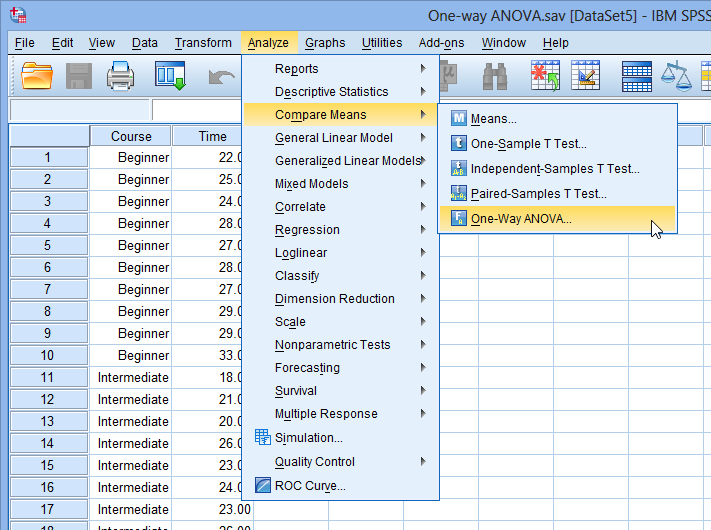

Local versus external data You can use Access to connect to data from a variety of external data sources so that you can view, query, and edit that data without having to import it. Storing addresses separately from names is a good idea because each customer can have more than one address, and you want to be able to enter multiple addresses for each customer without having to re-enter the customer name for each address. For example, if you create a customer database, the names of the customers should be stored in one table, whereas those customers' billing and shipping addresses should be stored in a separate table. In a well designed relational database, each table is flat and contains information about only one type of data. In a relational database, you organize your information into multiple tables. However, if you want to store a more complex customer list that contains billing and shipping addresses for each customer, or multiple contact persons for each customer, Access is the better solution. For example, if you want to create a simple list of customers, with only one address and contact person for each customer, Excel might be the better choice.
#Survey data to use for two way anova in excel how to
If you use Access to store your data and Excel to analyze it, you can gain the benefits of both programs.īefore you decide which program to use, you may want to compare the benefits of each program, learn when it is best to use one or the other, and find out how to work with both programs to achieve exactly the results that you want.įlat versus relational data To help decide which program is best for storing your data, ask yourself the following question: is the data relational or not? Data that can be efficiently contained in a single table or worksheet is called flat or nonrelational data. Excel is generally better for analyzing data: performing complex calculations, exploring possible outcomes, and producing high quality charts. In general, Access is better for managing data: helping you keep it organized, easy to search, and available to multiple simultaneous users. In many cases, you can use both programs, employing each for the purpose to which it is best suited.


For example, if it is your goal to maintain data integrity in a format that can be accessed by multiple users, Access is your best choice, whereas Excel is better suited for complex numerical data that you want to analyze in depth. However, each program has clear advantages, depending on the type of data that you are managing and what you want to do with that data. For example, both programs can store large amounts of data, run powerful queries and analysis tools to slice and dice that data, and perform sophisticated calculations that return the data that you need. Microsoft Access and Microsoft Excel possess many similarities, which can make it difficult to decide which program you should use. Excel for Microsoft 365 Access for Microsoft 365 Excel 2021 Access 2021 Excel 2019 Access 2019 Excel 2016 Access 2016 Excel 2013 Access 2013 Excel 2010 Access 2010 Excel 2007 Access 2007 More.


 0 kommentar(er)
0 kommentar(er)
